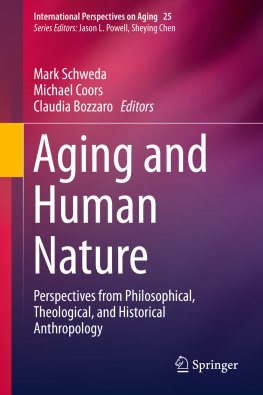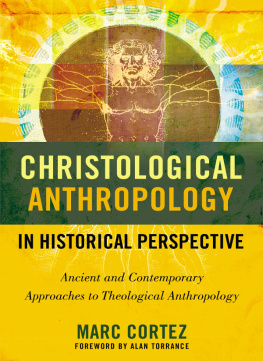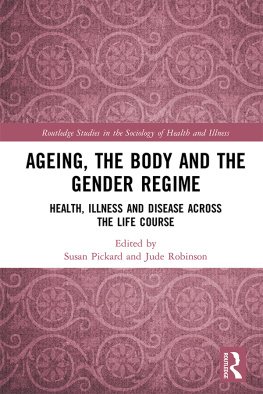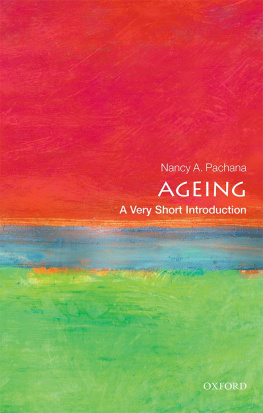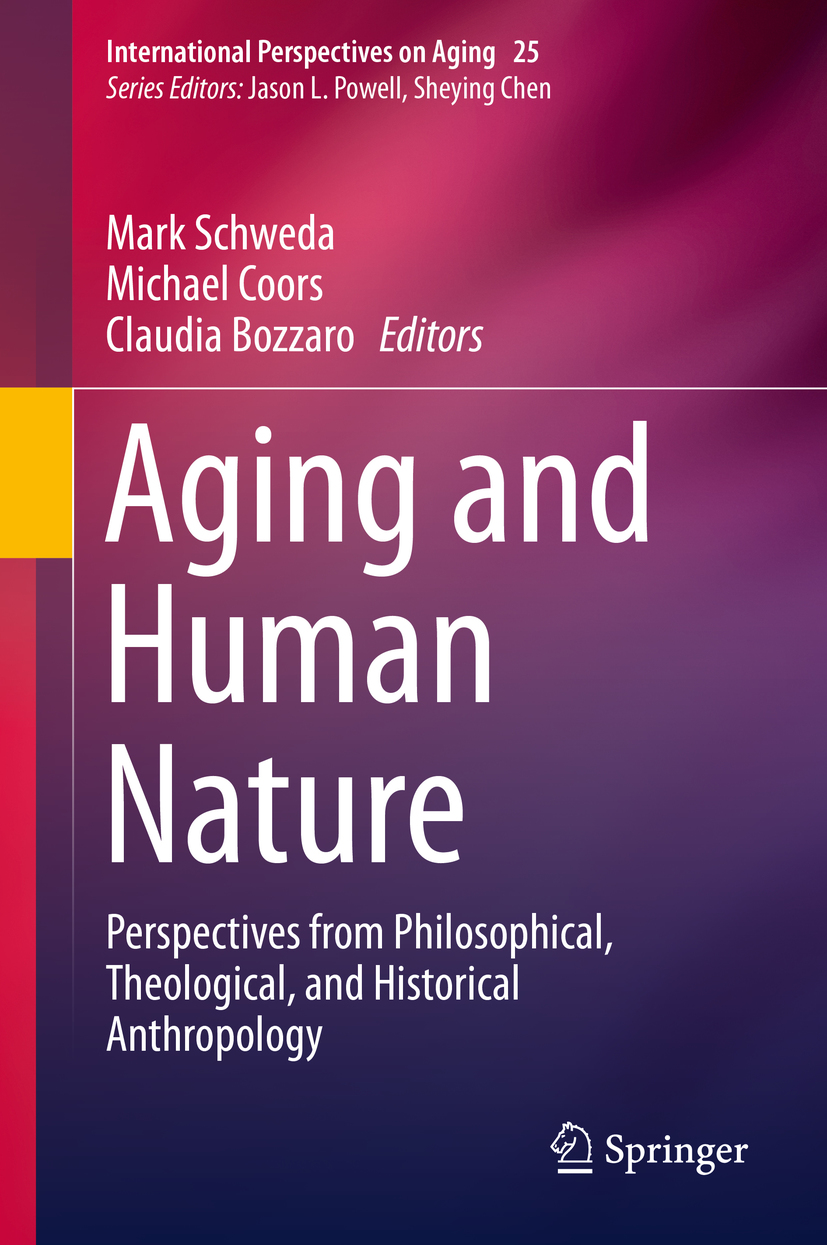Volume 25
International Perspectives on Aging
Series Editors
Jason L. Powell
Department of Social and Political Science, University of Chester, Chester, UK
Sheying Chen
Department of Public Administration, Pace University, New York, NY, USA
The study of aging is continuing to increase rapidly across multiple disciplines. This wide-ranging series on International Perspectives on Aging provides readers with much-needed comprehensive texts and critical perspectives on the latest research, policy, and practical developments. Both aging and globalization have become a reality of our times, yet a systematic effort of a global magnitude to address aging is yet to be seen. The series bridges the gaps in the literature and provides cutting-edge debate on new and traditional areas of comparative aging, all from an international perspective. More specifically, this book series on International Perspectives on Aging puts the spotlight on international and comparative studies of aging.
More information about this series at http://www.springer.com/series/8818
Editors
Mark Schweda
Department of Health Services Research, University of Oldenburg, Oldenburg, Lower Saxony, Germany
Michael Coors
Institute of Social Ethics, Faculty of Theology, University of Zurich, Zurich, Switzerland
Claudia Bozzaro
Department of Medical Ethics & History of Medicine, University of Freiburg, Freiburg im Breisgau, Baden-Wrttemberg, Germany
ISSN 2197-5841 e-ISSN 2197-585X
International Perspectives on Aging
ISBN 978-3-030-25096-6 e-ISBN 978-3-030-25097-3
https://doi.org/10.1007/978-3-030-25097-3
Springer Nature Switzerland AG 2020
This work is subject to copyright. All rights are reserved by the Publisher, whether the whole or part of the material is concerned, specifically the rights of translation, reprinting, reuse of illustrations, recitation, broadcasting, reproduction on microfilms or in any other physical way, and transmission or information storage and retrieval, electronic adaptation, computer software, or by similar or dissimilar methodology now known or hereafter developed.
The use of general descriptive names, registered names, trademarks, service marks, etc. in this publication does not imply, even in the absence of a specific statement, that such names are exempt from the relevant protective laws and regulations and therefore free for general use.
The publisher, the authors, and the editors are safe to assume that the advice and information in this book are believed to be true and accurate at the date of publication. Neither the publisher nor the authors or the editors give a warranty, expressed or implied, with respect to the material contained herein or for any errors or omissions that may have been made. The publisher remains neutral with regard to jurisdictional claims in published maps and institutional affiliations.
This Springer imprint is published by the registered company Springer Nature Switzerland AG.
The registered company address is: Gewerbestrasse 11, 6330 Cham, Switzerland
Preface
The idea for this volume took shape at the international workshopHomo Senescens: Aging and Old Age in Philosophical, Theological and Historical Anthropologyorganized by the editors at the Centre for Health Care Ethics (Zentrum fr Gesundheitsethik (ZfG)) in Hanover, Germany, in October 2015. Some of the following chapters are based on talks given at this workshop. Others have been invited additionally to complement the scope.
We would like to thank all those who have made this volume possible. We are particularly grateful to the authors of the different chapters for the time and thought they invested and for their patience. Furthermore, we are indebted to the funders of the initial workshop: the Ministry for Science and Culture of Lower Saxony, the Hanns-Lilje Foundation, the University of Freiburg, and the Centre for Health Care Ethics, Hanover. A special thank you goes to those who supported the finalization of this volume with their invaluable proofreading and copyediting work: Marie Danelski (ZfG, Hanover), Pekko Roman (University of Freiburg), Elin Scheel (ZfG, Hanover), Lena Stange (University of Oldenburg), and Merle Weel (University of Oldenburg). Finally, we would like to thank Springer for their support in publishing the book in the series International Perspectives on Aging.
Mark Schweda
Michael Coors
Claudia Bozzaro

